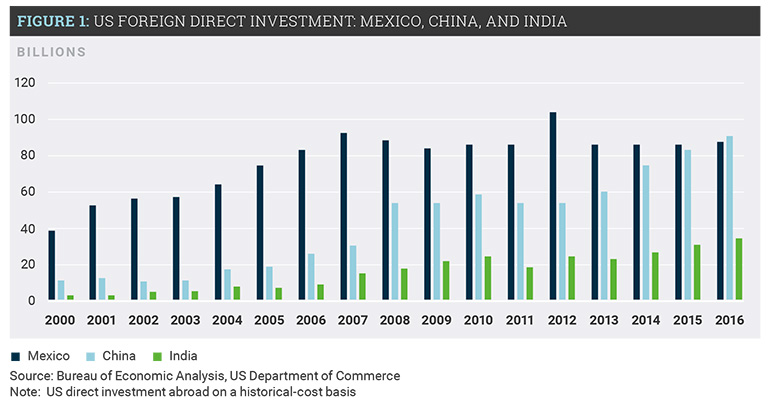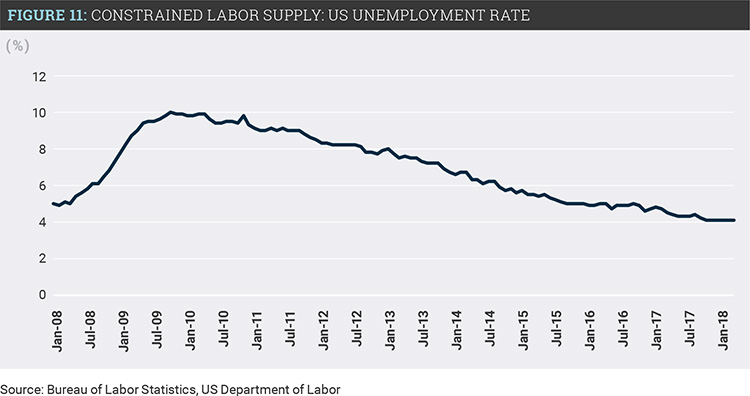A new research paper by AlixPartners on “sourcing and purchasing transformation,” reveals that supply chain managers may face fresh challenges in the coming months.
Titled, “Rough seas ahead for procurement,” the paper notes that traditional business models of many industries are being disrupted by technological innovation, putting a cap on the ability to pass price increases on to consumers.
For example, in the business-to- business space, the e-commerce giant Alibaba has already revolutionized the way smaller businesses source products, displacing smaller, local suppliers, and allowing access to a global supply chain.
Meanwhile, Procure2Pay systems such as Ariba, Coupa, and Emptoris have provided transparency on the requisition, receiving, and paying of goods and services and have improved internal controls, giving procurement teams further leverage when negotiating with suppliers.
Clifton Wessels-Yen, AlixPartner's managing director, told SCMR in an interview that while certain secular trends – such as technological innovation – may continue to keep a lid on pricing behavior, other factors are shifting the balance of power back to the vendors, and the procurement team must be prepared.
“The emerging markets that have been viewed as relatively safe havens for market penetration will still expose some U.S. shippers to considerable risk,” he says. “As with ‘frontier markets,’” we advise our clients to develop a measured approach to doing business there. It's best to go in careful stages to keep from being overwhelmed.”
The prior trend of globalization, which contributed significantly to the disinflationary environment, has encountered serious obstacles recently and is likely retrenching. Analysts say they have already seen the opening shots of protectionism and nationalism.

In March 2018, the United States proposed tariffs on imported steel and aluminum, from which a number of countries (largely U.S. allies) would be exempt (at least for a period of time), as well as additional sanctions on $150 billion of Chinese exports. In retaliation, the Chinese government has threatened to impose 25% duties on a number of targeted U.S. exports.

This potential trade war, with its threat of an escalating cycle of trade restrictions and retaliation, is selectively increasing manufacturing costs while at the same time tamping down demand, observe AlixPartners analysts.
SC
MR


Latest Supply Chain News
Latest Podcast

 Explore
Explore
Procurement & Sourcing News
- AI-driven sourcing: Why the speed of change is going to only accelerate
- A Silk Road city
- U.S.-bound containerized import shipments are up in June and first half of 2024
- Boeing turned to Fairmarkit, AI to help land its tail spend
- When disaster strikes, the supply chain becomes the key to life
- A smarter approach to sustainability is vital for healthy, resilient supply chains
- More Procurement & Sourcing
Latest Procurement & Sourcing Resources

Subscribe

Supply Chain Management Review delivers the best industry content.

Editors’ Picks





